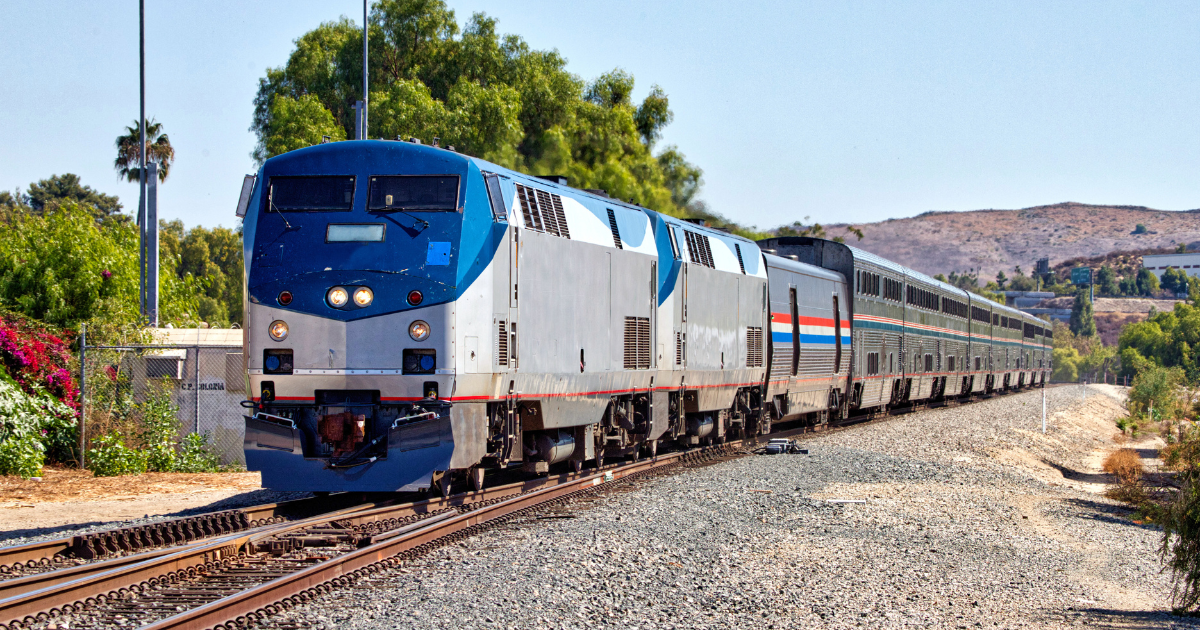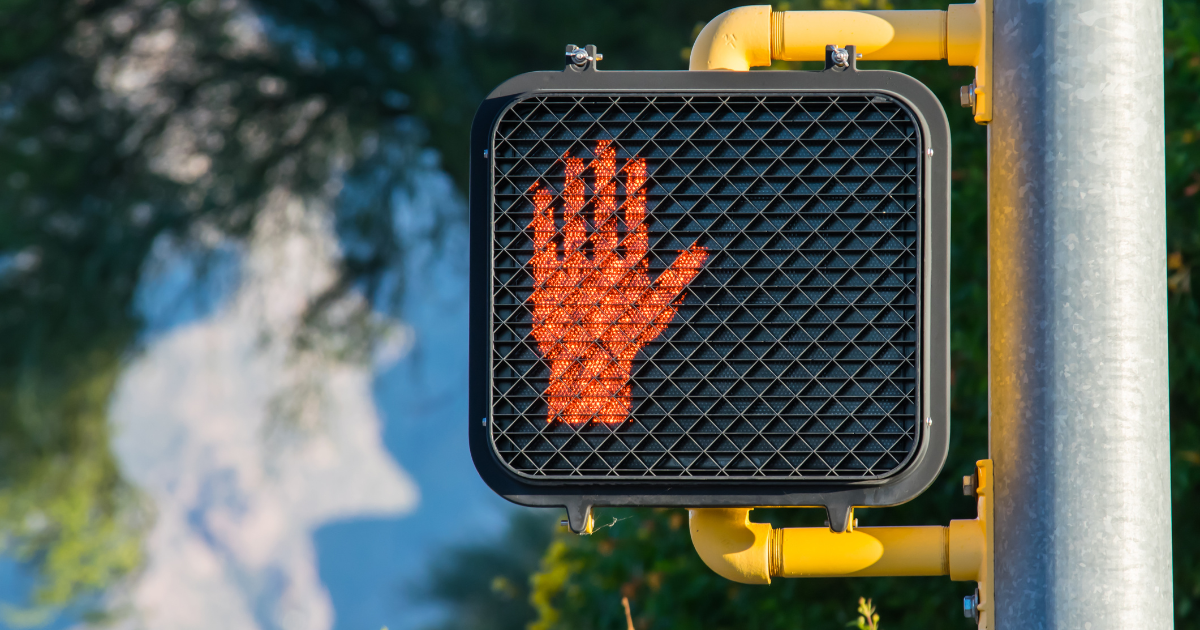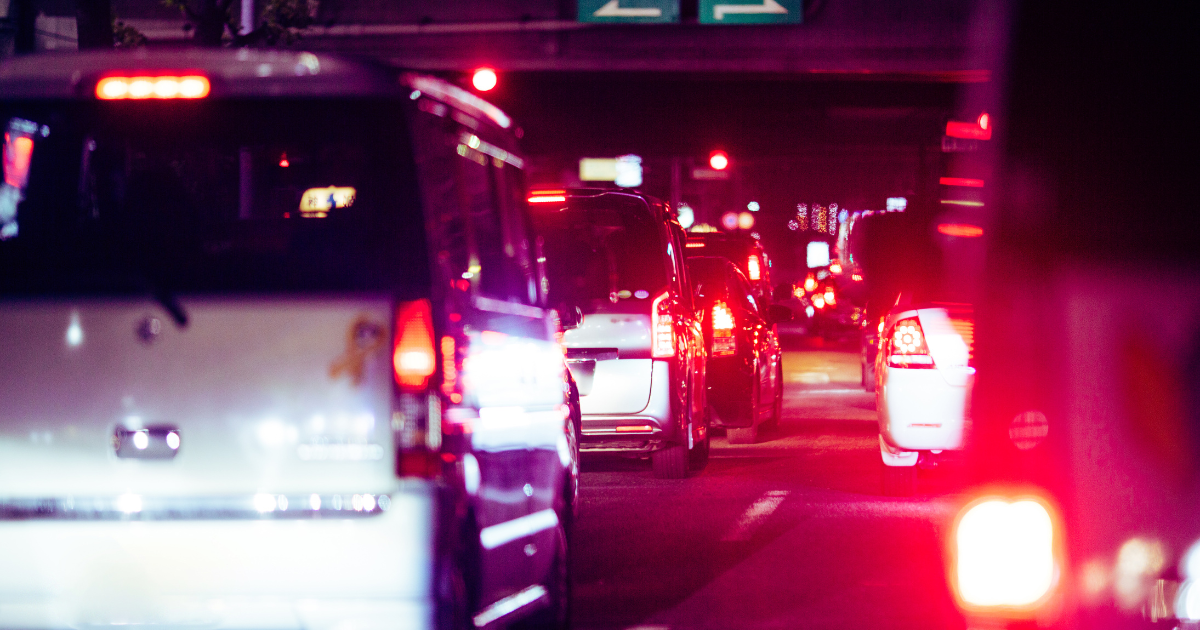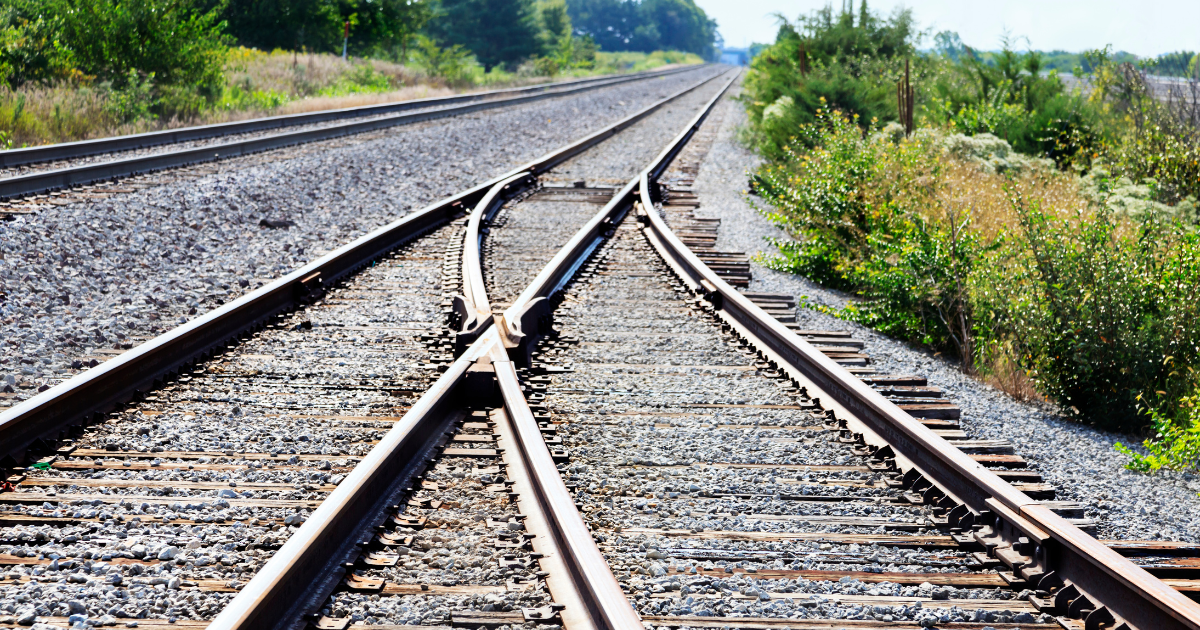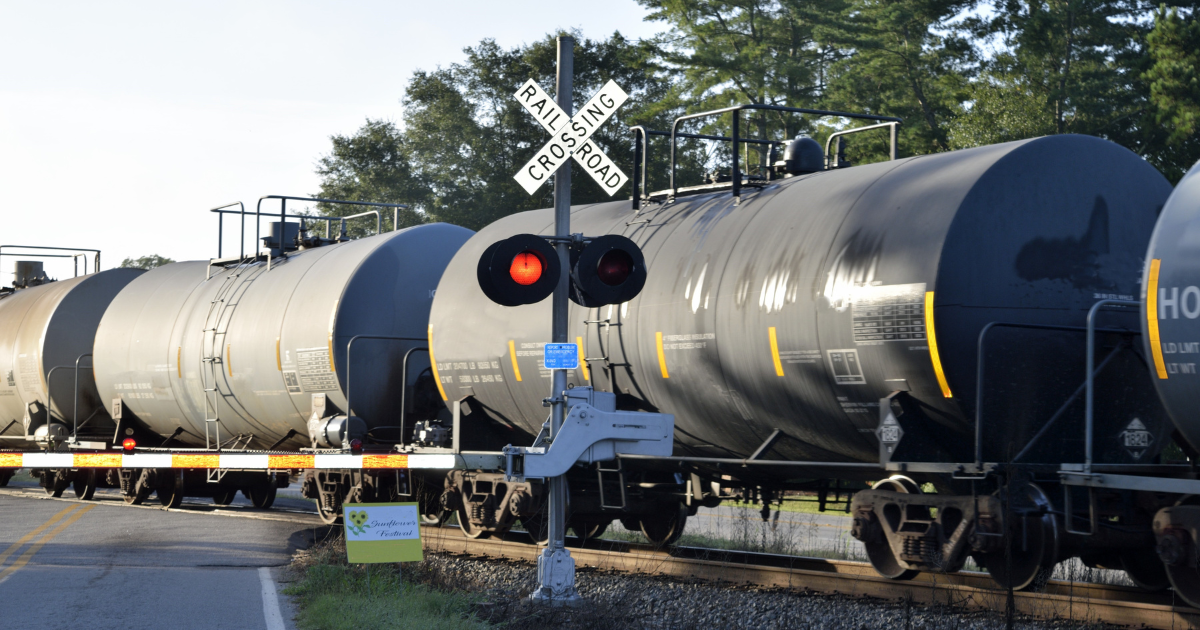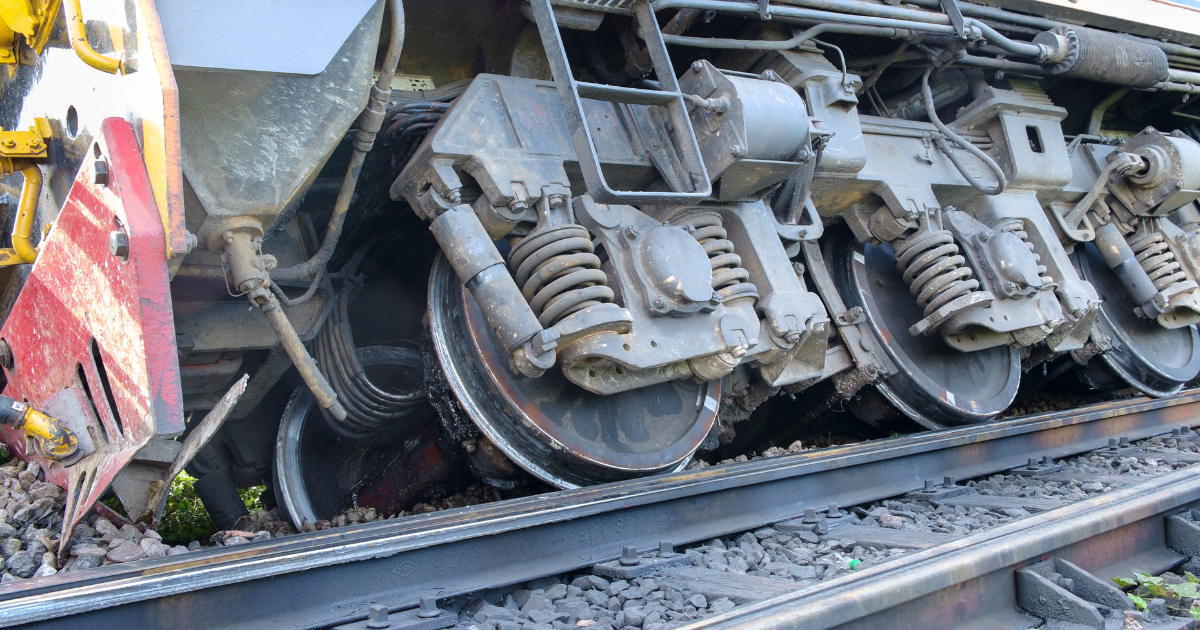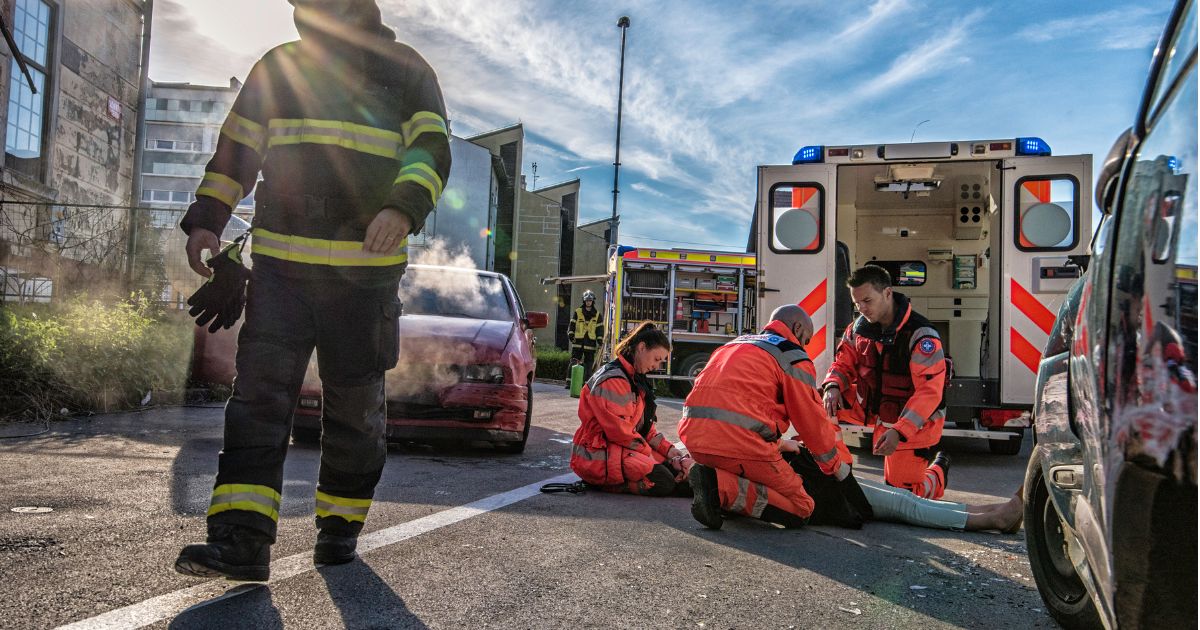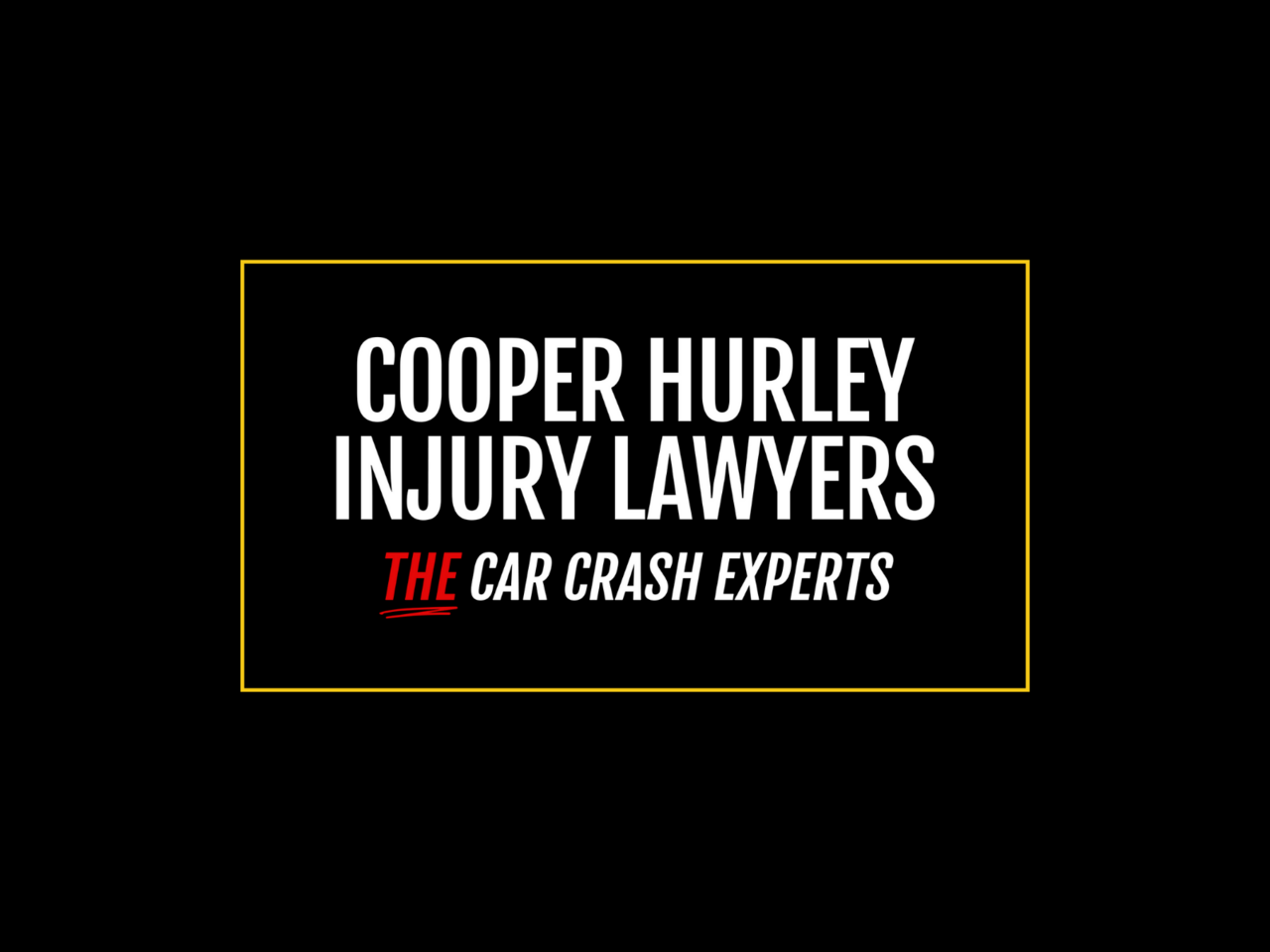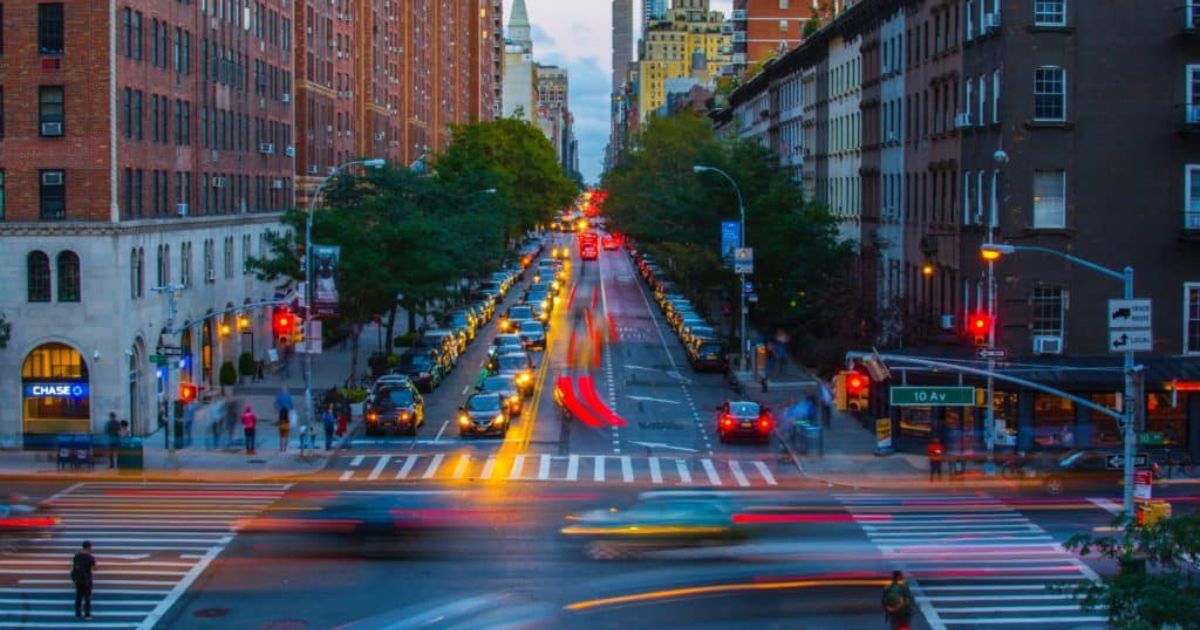A personal injury lawsuit may allow you to collect damages, including compensation for medical expenses, lost wages, pain, and suffering. But are personal injury settlements taxable? It depends on the type of compensation you receive and previous exemptions you claimed on your tax returns….
Blog
Amtrak, America’s national passenger railroad, has struggled to shake off a dubious safety record in recent years following a series of derailments resulting in deaths and injuries. An Amtrak derailment in California this month that left 15 injured has raised further questions. An Amtrak…
Crossing the road has never been more deadly in Virginia. That’s the conclusion to be drawn from new figures that show pedestrian deaths hit an all-time high in Virginia in 2022. Virginia Department of Motor Vehicles (DMV) recently released its 2022 Traffic Crash Facts…
New technology has made cars and trucks safer in recent years. However, the advances are not reflected in accident statistics that record a rise in fatalities in Virginia and across the United States over the past three years. Now the government is to make…
Amtrak, America’s national passenger railroad, has been dogged by safety issues and delays in recent years. In the latest setback for the railroad operator, Amtrak’s new high-speed trains have been derailed for another year. Amtrak plans to roll out faster Acela trains in the…
Anyone who has sat in a car on Granby Street in Norfolk and waited for a slow-moving freight train to clear a grade crossing will be familiar with the frustration caused by long trains. Although running late for work might get you in trouble,…
Ever since the disastrous derailment of a Norfolk Southern freight train in Ohio in February, the railroad operator’s safety record has made headlines. In May, the National Transportation Safety Board (NTSB) announced it would investigate the derailment of a Norfolk Southern freight train in…
Cars are safer than they have ever been before and federal and local authorities are constantly bringing in new technology to make America’s roads less dangerous. It is, therefore, deeply disturbing that the death toll is continuing to rise on U.S. roads. Traffic fatalities…
It is rare for the driver of a car to be launched from the vehicle in a crash. However, motorcycle wrecks often involve the rider being thrown from their bike onto the pavement. Far too often, victims of motorcycle accidents suffer the most serious…
If you’ve ever felt vulnerable driving on busy Northampton Boulevard near Norfolk Premium Outlets, you have good reason. Accident statistics from 2021 reveal this was Norfolk’s most dangerous intersection with 30 recorded crashes. Intersection Accident Statistics in Norfolk The intersection of Northampton Boulevard with…








